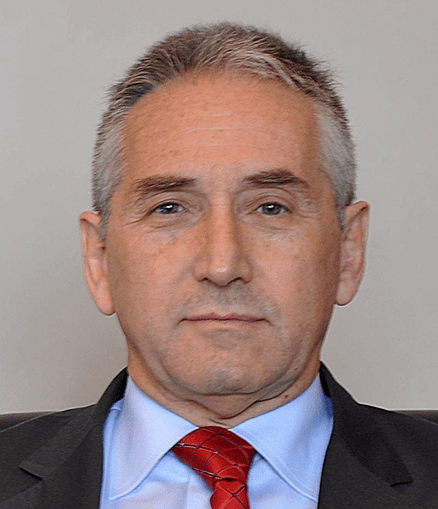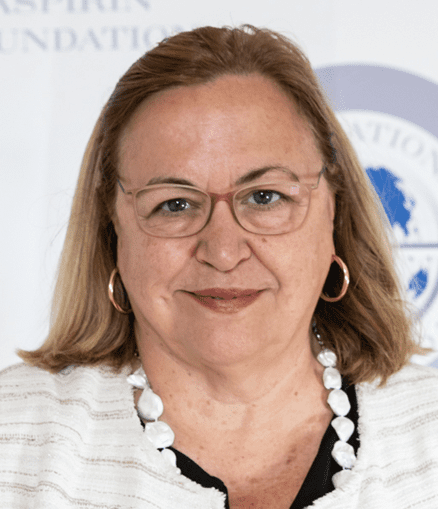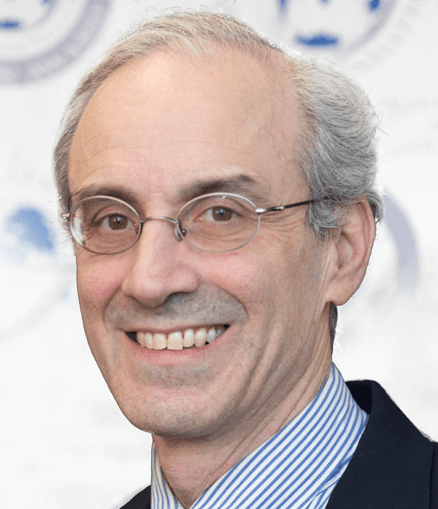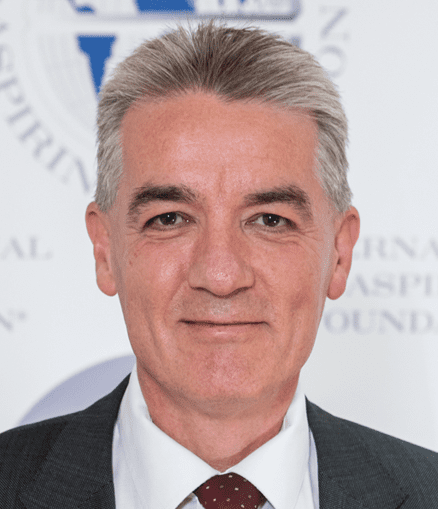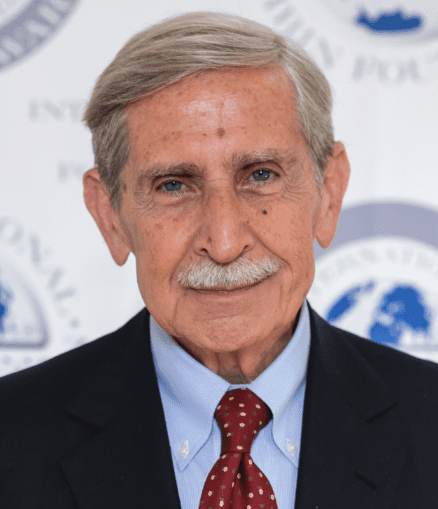Maikel Peppelenbosch.
Department of Gastroenterology and Hepatology
Erasmus MC – University Medical Center Rotterdam
PO Box 2040 – NL-3000 CA Rotterdam
The Netherlands
Salicylic acid, an important active metabolite, which is the most important active metabolite of aspirin, is produced by plants upon infection with pathogens and in particular viruses[i][1]. The production of salicylic acid in turn mediates resistance to viral replication, intercellular spread and systemic movement through so-called pathogenesis-related proteins including the intrigingly-named protein Coronatine Insensitive-1[ii][2],[iii][3]. Although Coronantine refers in this context to a protein produced by a plant pathogen, it is worthwhile to consider whether an anti-viral function of salicylic acid and aspirin has been evolutionary conserved and whether human aspirin may have an anti-coronavirus effect in COVID-19 as well.
COVID-19 has entered the human population, either direct or indirect, from a zoonotic reservoir in Chinese horseshoe bats (Rhinolophus sinicus)[iv][4] and as health-care resource has not been able to cope with the resulting morbidity, the resulting societal distress is almost unrivalled[v][5]. The reason that bats serve as reservoirs of a large variety of coronaviruses lies in the strong cell-autonomous innate immunity present in this group of animals, which is sufficient to control disease without elimination through adaptive immunity[vi][6]. In humans, cell autonomous immunity against viruses largely depends on the productions of interferons that upon binding of their cognate receptors activate JAK/STAT signalling in turn leading to the transcription and translation of a group of gene products called interferon stimulated genes, which directly counteract viral replication in the cytoplasm[vii][7]. In bats this pathway is constitutively active. Importantly, it has long been recognised that transactivation of the promotors of interferon stimulated is stimulated by inhibition of cyclooxygenase[viii][8] as prostaglandins inhibit phosphorylation and thus activation of STAT1[ix][9]. As a consequence, aspirin is expected to stimulate cell-autonomous immunity against viral infection and indeed this has been observed for various viruses, including herpes simplex virus[x][10], Hepatis C virus[xi][11], and influenza A virus[xii][12]. Indeed, the upregulation of interferon mediated gene production and associated cell autonomous anti-viral responses has been linked to the remarkable protective effect of aspirin use during 1918 Spanish Influenza virus pandemic[xiii][13]. The fact that coronavirus biology is unusually complex and contains many steps that are targeted by interferon stimulated genes[xiv][14] in conjunction with the proven potential of such immunity to control infection in bats may suggest that regular aspirin use may ameliorate infection following contact with SARS CoV2.
In apparent agreement, for other coronaviruses, including SARS CoV-1 and Canine Coronavirus it has been reported that treatment with cyclooxygenase inhibitors strongly counteracts viral replication in cultures of human lung epithelial cell lines[xv][15]. It is thus rational to assume that aspirin use will mitigate clinical course of COVID-19 through stimulation of cell autonomous immunity (but might concomitantly prolong the time individual patients may remain infectious for others) and it will be interesting to see whether clinical observations will confirm this notion.
References:
References:
[i][1] Koo YM, Heo AY, Choi HW.Salicylic Acid as a Safe Plant Protector and Growth Regulator. Plant Pathol J. 2020 Feb;36(1):1-10. doi: 10.5423/PPJ.RW.12.2019.0295.
[ii][2] Geng X1, Cheng J, Gangadharan A, Mackey D. The coronatine toxin of Pseudomonas syringae is a multifunctional suppressor of Arabidopsis defense. Plant Cell. 2012 Nov;24(11):4763-74. doi: 10.1105/tpc.112.105312. Epub 2012 Nov 30.
[iii][3] Van der Does D, Leon-Reyes A, Koornneef A, Van Verk MC, Rodenburg N, Pauwels L, Goossens A, Körbes AP, Memelink J, Ritsema T, Van Wees SC, Pieterse CM. Salicylic acid suppresses jasmonic acid signaling downstream of SCFCOI1-JAZ by targeting GCC promoter motifs via transcription factor ORA59. Plant Cell. 2013 Feb;25(2):744-6
[iv][4] Ren LL, Wang YM, Wu ZQ, Xiang ZC, Guo L, Xu T, Jiang YZ, Xiong Y, Li YJ, Li XW, Li H, Fan GH, Gu XY, Xiao Y, Gao H, Xu JY, Yang F, Wang XM, Wu C, Chen L, Liu YW, Liu B, Yang J, Wang XR, Dong J, Li L, Huang CL, Zhao JP, Hu Y, Cheng ZS, Liu LL, Qian ZH, Qin C, Jin Q, Cao B, Wang JW. Identification of a novel coronavirus causing severe pneumonia in human: a descriptive study. Chin Med J (Engl). 2020 Feb 11. doi: 10.1097/CM9.0000000000000722.
[v][5] Ji Y, Ma Z, Peppelenbosch MP, Pan Q. Potential association between COVID-19 mortality and health-care resource availability. Lancet Glob Health. 2020 Apr;8(4):e480. doi: 10.1016/S2214-109X(20)30068-1.
[vi][6]Brook CE, Boots M, Chandran K, Dobson AP, Drosten C, Graham AL, Grenfell BT, Müller MA, Ng M, Wang LF, van Leeuwen A. Accelerated viral dynamics in bat cell lines, with implications for zoonotic emergence. Elife. 2020 Feb 3;9. pii: e48401. doi: 10.7554/eLife.48401.
[vii][7] Wang W, Xu L, Su J, Peppelenbosch MP, Pan Q. Transcriptional Regulation of Antiviral Interferon-Stimulated Genes. Trends Microbiol. 2017 Jul;25(7):573-584. doi: 10.1016/j.tim.2017.01.001.
[viii][8] Hannigan GE, Williams BR. Signal transduction by interferon-alpha through arachidonic acid metabolism. Science. 1991 Jan 11;251(4990):204-7.
[ix][9] Giambartolomei S, Artini M, Almerighi C, Moavero SM, Levrero M, Balsano C. Nonsteroidal anti-inflammatory drug metabolism potentiates interferon alfa signaling by increasing STAT1 phosphorylation. Hepatology. 1999 Aug;30(2):510-6
[x][10] Rajasagi NK, Bhela S, Varanasi SK, Rouse BT. Frontline Science: Aspirin-triggered resolvin D1 controls herpes simplex virus-induced corneal immunopathology. J Leukoc Biol. 2017 Nov;102(5):1159-1171. doi: 10.1189/jlb.3HI1216-511RR. Epub 2017 Jun 5.
[xi][11] Trujillo-Murillo K, Rincón-Sánchez AR, Martínez-Rodríguez H, Bosques-Padilla F, Ramos-Jiménez J, Barrera-Saldaña HA, Rojkind M, Rivas-Estilla AM. Acetylsalicylic acid inhibits hepatitis C virus RNA and protein expression through cyclooxygenase 2 signaling pathways. Hepatology. 2008 May;47(5):1462-72
[xii][12] Coulombe F, Jaworska J, Verway M, Tzelepis F, Massoud A, Gillard J, Wong G, Kobinger G, Xing Z, Couture C4, Joubert P, Fritz JH, Powell WS, Divangahi M. Targeted prostaglandin E2 inhibition enhances antiviral immunity through induction of type I interferon and apoptosis in macrophages. Immunity. 2014 Apr 17;40(4):554-68. doi: 10.1016/j.immuni.2014.02.013. Epub 2014 Apr 10.
[xiii][13] Starko KM. Salicylates and pandemic influenza mortality, 1918-1919 pharmacology, pathology, and historic evidence. Clinical infectious diseases: an official publication of the Infectious Diseases Society of America. 2009; 49: 1405-1410
[xiv][14] Peteranderl C, Herold S. The Impact of the Interferon/TNF-Related Apoptosis-Inducing Ligand Signaling Axis on Disease Progression in Respiratory Viral Infection and Beyond. Front Immunol. 2017 Mar 22;8:313. doi: 10.3389/fimmu.2017.00313.
[xv][15] Amici C, Di Caro A, Ciucci A, Chiappa L, Castilletti C, Martella V, Decaro N, Buonavoglia C, Capobianchi MR, Santoro MG. Indomethacin has a potent antiviral activity against SARS coronavirus. Antivir Ther. 2006;11(8):1021-30.
Want to contribute? Aspirin Matters Aspirin Summaries




